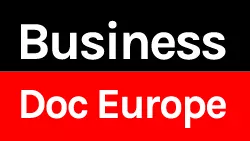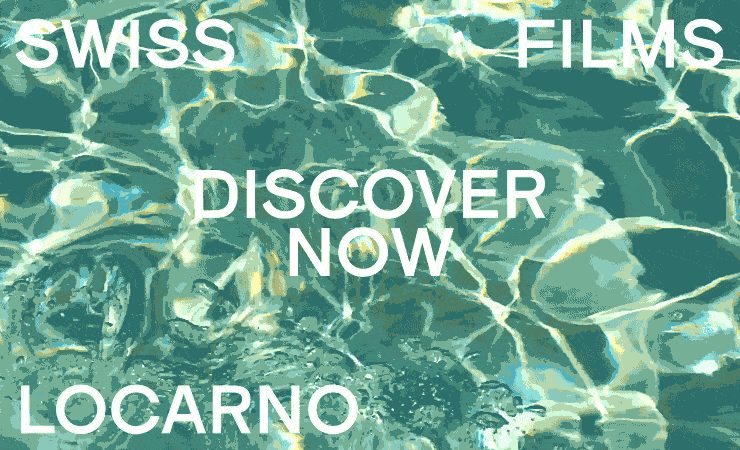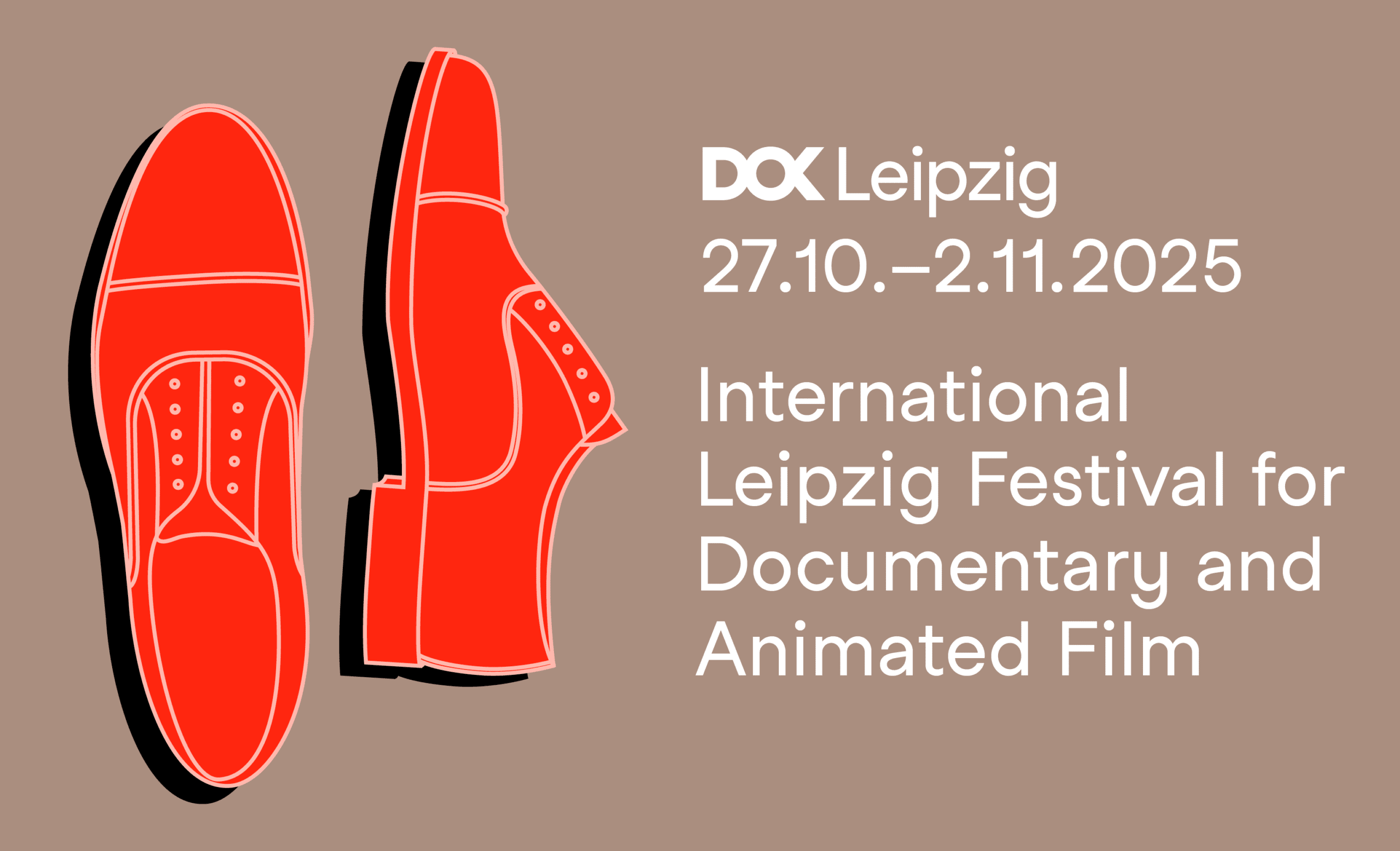
DOK Leipzig has unveiled the titles selected for its Panorama: Central and Eastern Europe and Camera Lucida sections, as well as the titles that that were selected for this year’s competition, as organised by the Doc Alliance network. All these sections run alongside the four competitions for documentary and animated films.
“Using films as a lens to open minds, uncover lives behind the headlines, break silences, engage with the ‘other(s)’ and observe the reality with care…is what films in DOK Leipzig’s out-of-comp sections endeavour to do,” organisers write. The following text overviews are supplied by the festival.
PANORAMA: CENTRAL AND EASTERN EUROPE
In the section focusing on films from Central and Eastern Europe, the topic of war on Europe’s border is ever-present in documentaries from Ukraine. The Birds Are Silent follows a group of Ukrainian friends whose conversations revolve around filmmaking and a life devoted to art, but with Russian troops gathering at their border, their evening is overshadowed by the looming question of whether they will soon have to defend their country.
A Simple Soldier by Artem Ryzhykov and Juan Camilo Cruz documents how war destroys dreams and futures of people as it turns them into soldiers from one day to the next. Déni Oumar Pitsaev’s Imago delves into people’s lives in a region of the former Soviet Union that has been deeply affected by war. Pitsaev navigates a world that feels at once foreign and intimately his own in a Chechen enclave of the Georgian Caucasus, where his family lives and his mother has bought him a piece of land.
Trains by Maciej J. Drygas uses historical footage of trains to show how a vehicle once used to carry people to the countryside became a means of transporting soldiers to the front. History is also central to Urszula Morga and Bartosz Mikołajczyk’s Signs of Mr. Plum, a portrait of a man who left a lasting mark with his artistic work: the legendary Polish graphic designer Karol Śliwka.
The short, animated documentary The Pool or Death of a Goldfish by Daria Kopie explores how art can reimagine injuries, captured on film in a poetically macabre and creatively precise manner.
CAMERA LUCIDA
Films in this year’s Camera Lucida section zero in on people and their realities in various contexts: in science, prison, and avant-garde cinema. The four feature films in this section broaden perspectives and encourage thoughtful contemplation. Through a mix of staged and observational scenes, in Little, Big, and Far Jem Cohen reflects on working in academia and the melancholy found in a life of science. Three scientists ponder humanity’s great questions, as explored through physics and astronomy, but also an uncertain future, relationships, and loneliness.
Conbody vs. Everybody by acclaimed director, screenwriter, and cinematographer Debra Granik documents the reality of convicted persons in America. Her nearly six-hour-long film follows a former drug dealer who navigates a life after prison, trying to escape the fate of the three-quarters of ex-convicts who return to jail within five years.
Raphaël Girardot and Vincent Gaullier’s Time to Land is dedicated to late French philosopher Bruno Latour, eulogised in Die Zeit, which wrote that he “[may] have been as influential for the natural sciences, humanities, and social sciences, as well as for the arts and activism of our time, as Isaac Newton’s physics was in the 18th century. But how can we integrate his ideas, visions, and concepts into our personal everyday lives?”
Eugénie Grandval’s Bulle Ogier, Portrait of a Hidden Star centres on a maverick figure associated with the French New Wave, actress Bulle Ogier, who worked with the most dazzling personalities of avant-garde and art house cinema, including Luis Buñuel, Marguerite Duras, Rainer Werner Fassbinder, and Jacques Rivette.
DOC ALLIANCE AWARD
The Doc Alliance Award section presents three short and three feature documentaries nominated for this year’s competition held by the Doc Alliance festival network. Two long films depict life with parents grappling with alcoholism, caught between love and powerlessness, longing and intoxication (Monica Strømdahl’s Flophouse America and Myrid Carten’s A Want in Her).
Grey Zone by Daniela Meressa Rusnoková also focuses on family dynamics and destinies. Offering a deeply intimate and vulnerable look at extremely premature babies, the film explores how this issue is handled in a society that does not speak of them, even though they far more common than the silence surrounding them would have us believe.
Tuva Björk’s Fear Nothing and fleuryfontaine’s Sixty-Seven Milliseconds reflect on society from the perspective of our response to violence. Fear Nothing presents a dark journey into the world of security services in South Africa, where there are more private security guards than police officers and soldiers combined. Questioning the use of police force, Sixty-Seven Milliseconds reconstructs a real-life incident in France from the 67 milliseconds a camera happened to record.
Through fairytale-like, poetic 16mm shots of landscapes in Portugal, Ewelina Rosińska’s Unstable Rocks captures the beauty the world holds despite its many conflicts.










